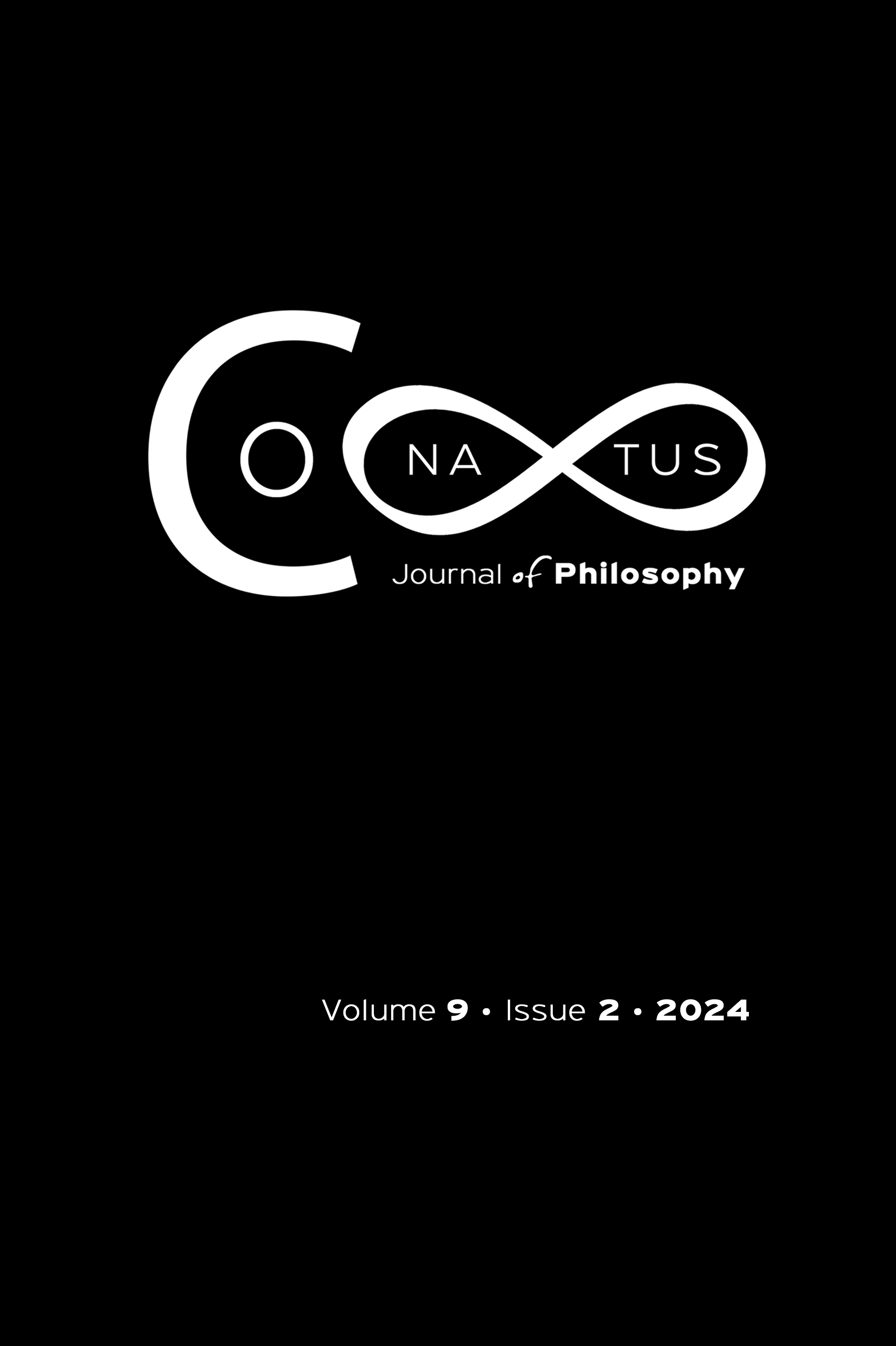Werner Marx and Martin Heidegger: What “Measure” for a Post-metaphysical Ethics?
Resumen
German philosopher Martin Heidegger’s later thought is significant because of his attention to the meaning of “truth” (alētheia) and its connection to Protagoras’s thesis of anthrōpon metron (“of all things man is the measure…”), which Heidegger elevates to the “highest principle” of philosophy. Philosopher Werner Marx concurs with Heidegger that our time faces the “age of technology” as the completion of the Western tradition of metaphysics. With the “end of philosophy” in this sense, we stand to inaugurate “a new beginning” in thinking without reliance on the principles and standards that have their provenance in the tradition from ancient Greek philosophy onward to late European modernity. For Marx, this elicits the possibility of a non-metaphysical ethics, hence the question of “measure” that he engages in connection with Heidegger’s later thinking. However, it is problematic that Marx engages Schelling’s reflections on the essence of human freedom to articulate a possibility of measure. Here Marx’s reflections are engaged by considering his motivation and the thought of Schelling, Nietzsche, Heidegger, as well as the historical context of the twentieth century, all of which constrain Marx’s normative objective. Heidegger’s engagement of Schelling and Kant to elucidate the problem of human freedom raises questions whether Marx’s proposal for a measure “on this earth” can achieve the goal of a foundation for a post-metaphysical ethics.
Article Details
- Cómo citar
-
Swazo, N. K. (2024). Werner Marx and Martin Heidegger: What “Measure” for a Post-metaphysical Ethics?. Conatus - Journal of Philosophy, 9(2), 249–281. https://doi.org/10.12681/cjp.35641
- Sección
- Articles

Esta obra está bajo una licencia internacional Creative Commons Atribución-NoComercial 4.0.
Authors who publish with this journal agree to the following terms:
Authors retain copyright and grant the journal right of first publication with the work simultaneously licensed under a Creative Commons Attribution Non-Commercial International License (CC BY-NC 4.0) that allows others to share the work with an acknowledgement of the work's authorship and initial publication in this journal.
Authors are able to enter into separate, additional contractual arrangements for the non-exclusive distribution of the journal's published version of the work (e.g. post it to an institutional repository or publish it in a book), with an acknowledgement of its initial publication in this journal.
Authors are permitted and encouraged to post their work online (preferably in institutional repositories or on their website) prior to and during the submission process, as it can lead to productive exchanges, as well as earlier and greater citation of published work.






